Explore a variety of opera images on this page. Enjoy stunning visuals of opera performances, singers, and more.
#water19206 #sunset38567 #snow11350 #magic9887 #portrait97131 #redhair11748 #lake16808 #vibrant19407 More...
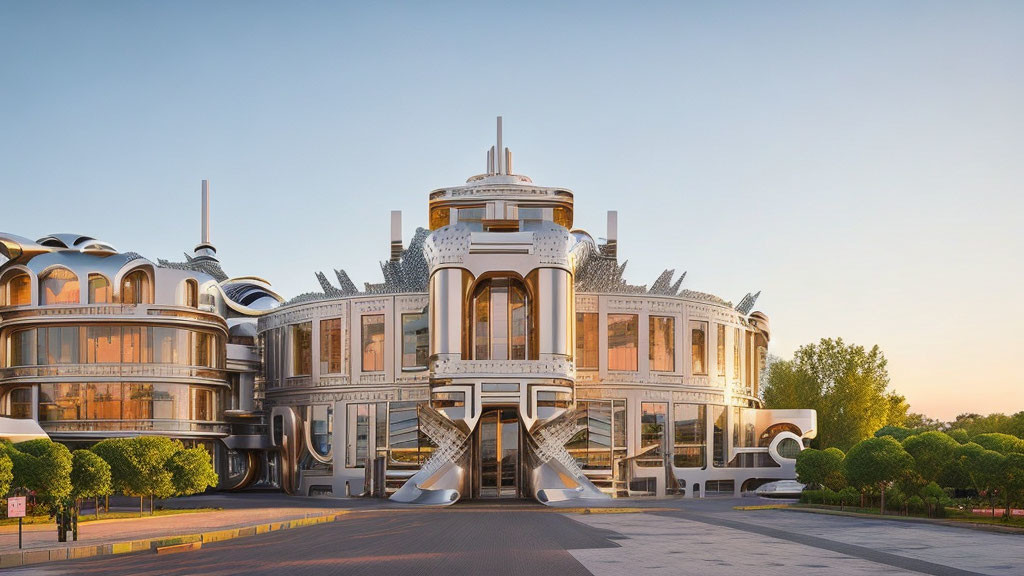
Ukraine, Kotsiubiiv, Kotsiubiiv O & B Theater
Model: Artistic
Size: 1024 X 576 (0.59 MP)
Used settings:
Would you like to report this Dream as inappropriate?
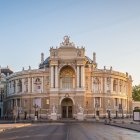 136w
136w
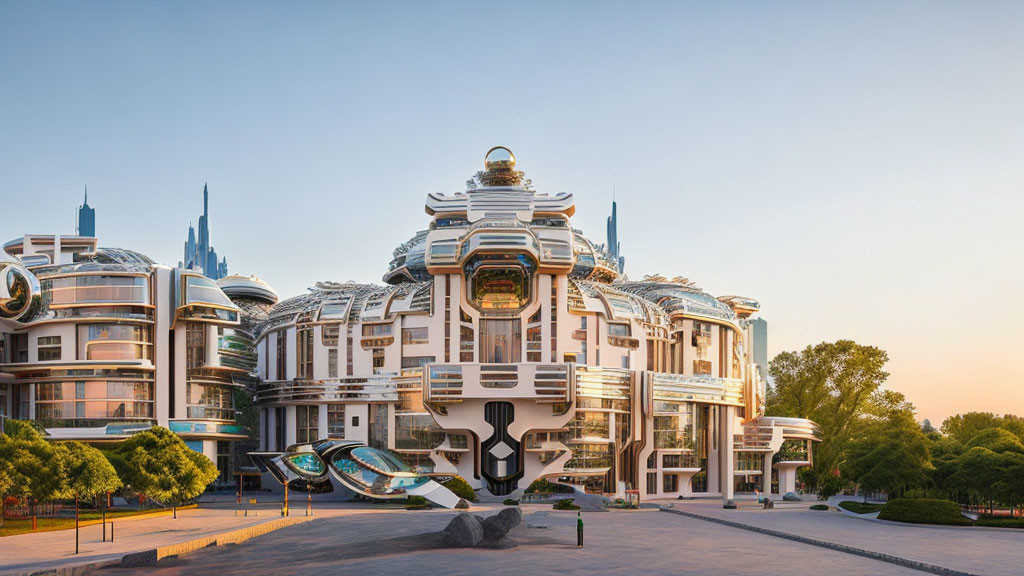
Ukraine, Kotsiubiiv, Kotsiubiiv O & B Theater
Model: Artistic
Size: 1024 X 576 (0.59 MP)
Used settings:
Would you like to report this Dream as inappropriate?
 136w
136w
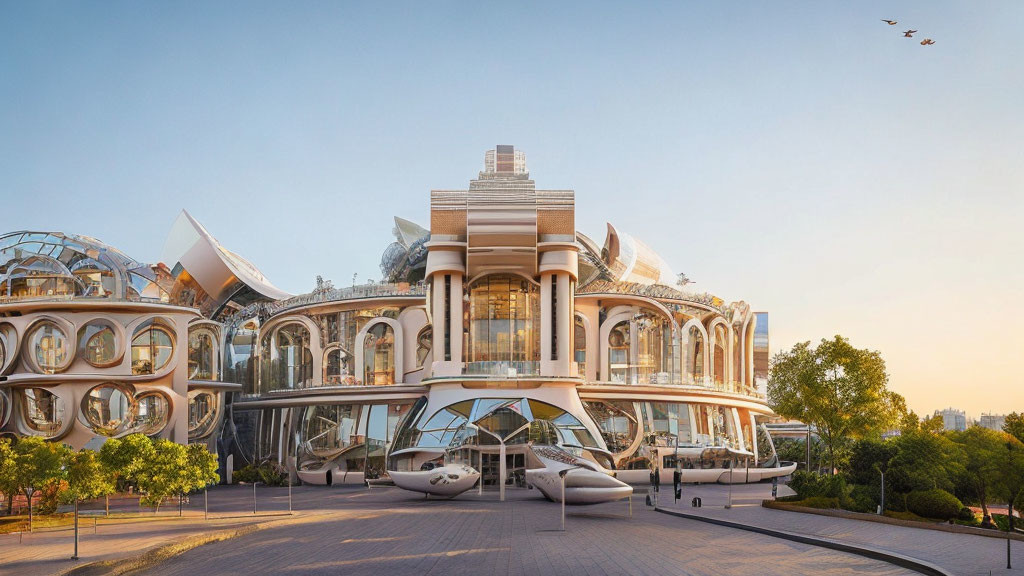
Ukraine, Kotsiubiiv, Kotsiubiiv O & B Theater
Model: Artistic
Size: 1024 X 576 (0.59 MP)
Used settings:
Would you like to report this Dream as inappropriate?
 136w
136w
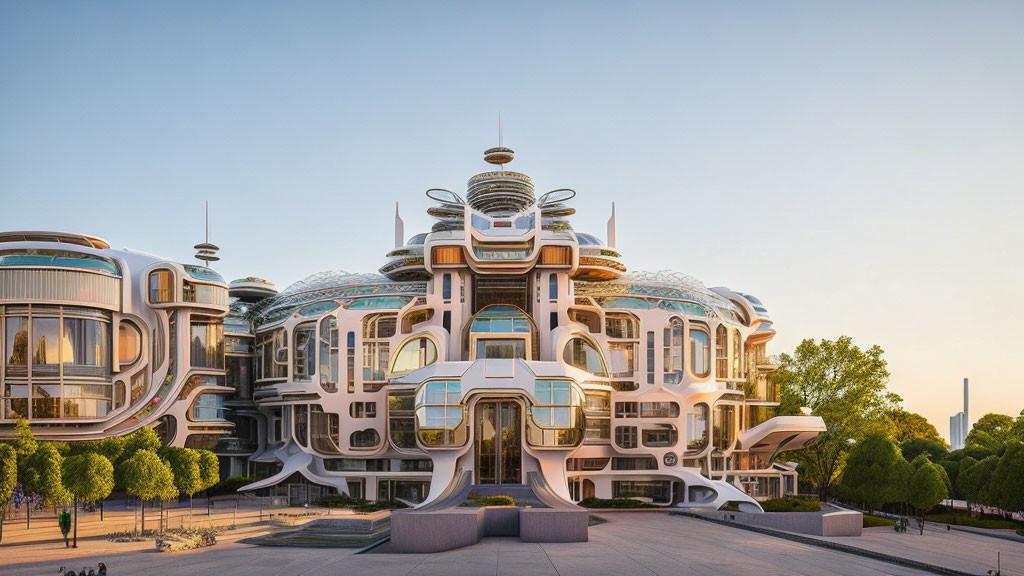
Ukraine, Kotsiubiiv, Kotsiubiiv O & B Theater
Model: Artistic
Size: 1024 X 576 (0.59 MP)
Used settings:
Would you like to report this Dream as inappropriate?
 136w
136w
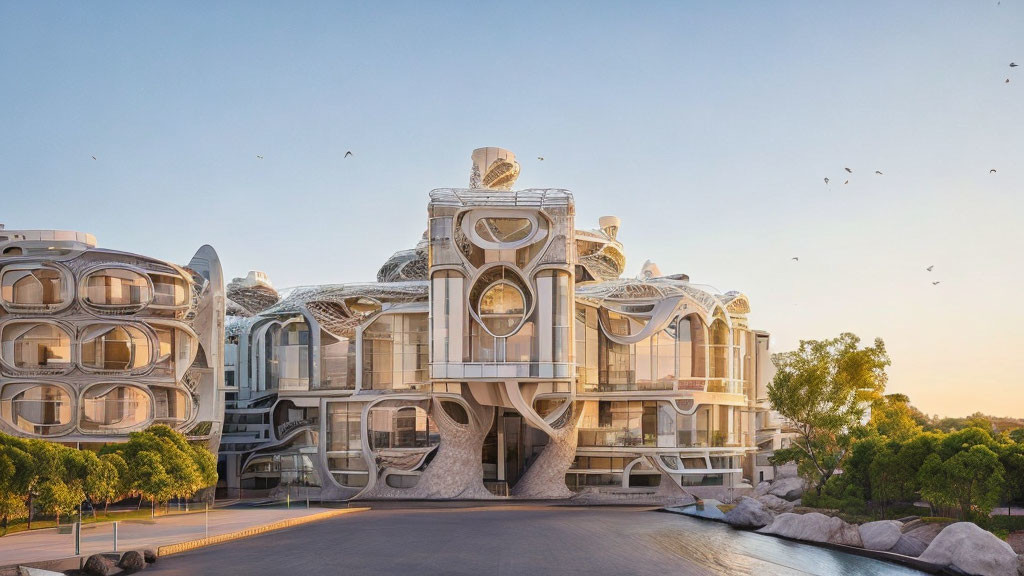
Ukraine, Kotsiubiiv, Kotsiubiiv O & B Theater
Model: Artistic
Size: 1024 X 576 (0.59 MP)
Used settings:
Would you like to report this Dream as inappropriate?
 136w
136w
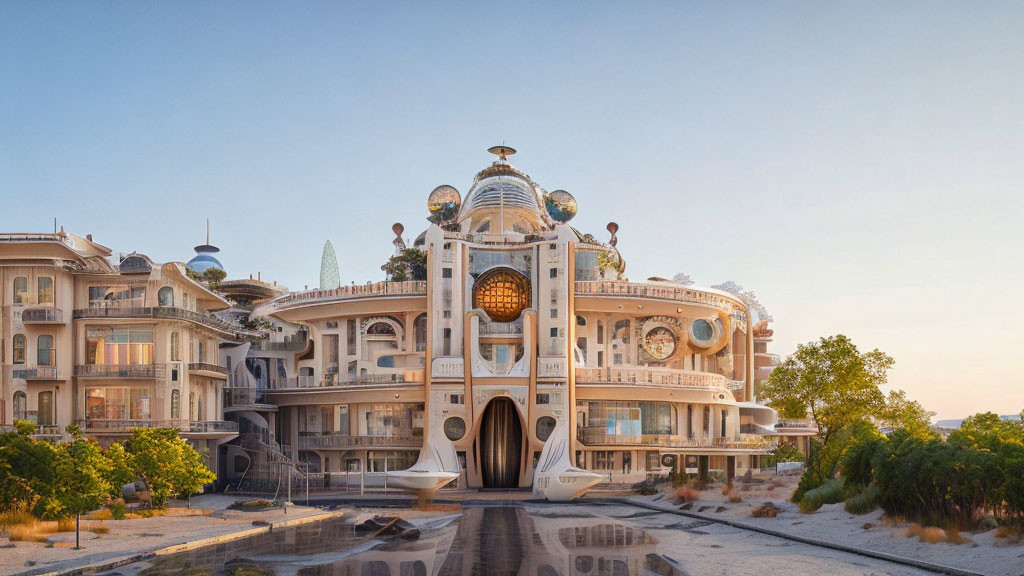
Ukraine, Kotsiubiiv, Kotsiubiiv O & B Theater
Model: Artistic
Size: 1024 X 576 (0.59 MP)
Used settings:
Would you like to report this Dream as inappropriate?
 136w
136w
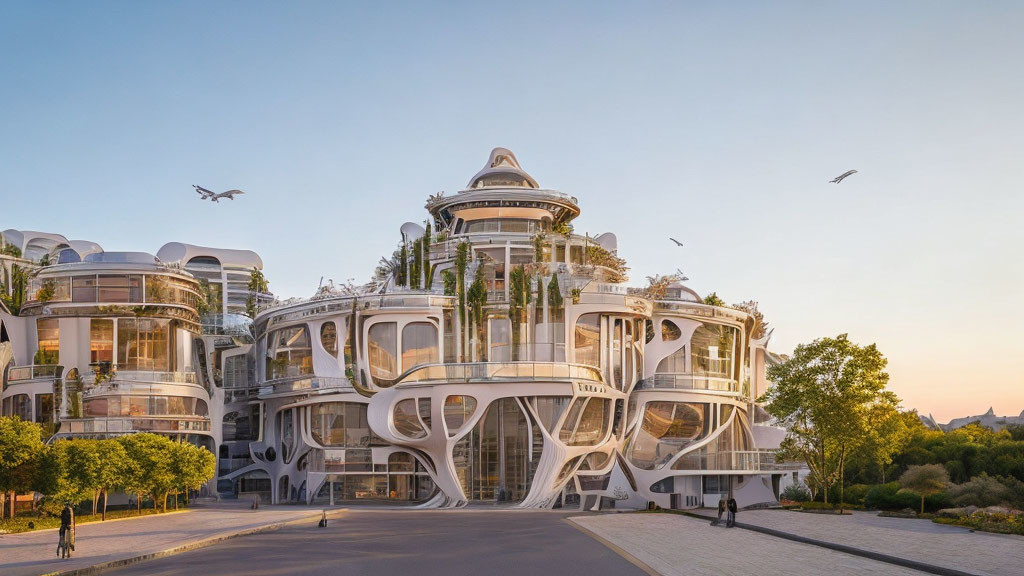
Ukraine, Kotsiubiiv, Kotsiubiiv O & B Theater
Model: Artistic
Size: 1024 X 576 (0.59 MP)
Used settings:
Would you like to report this Dream as inappropriate?
 136w
136w
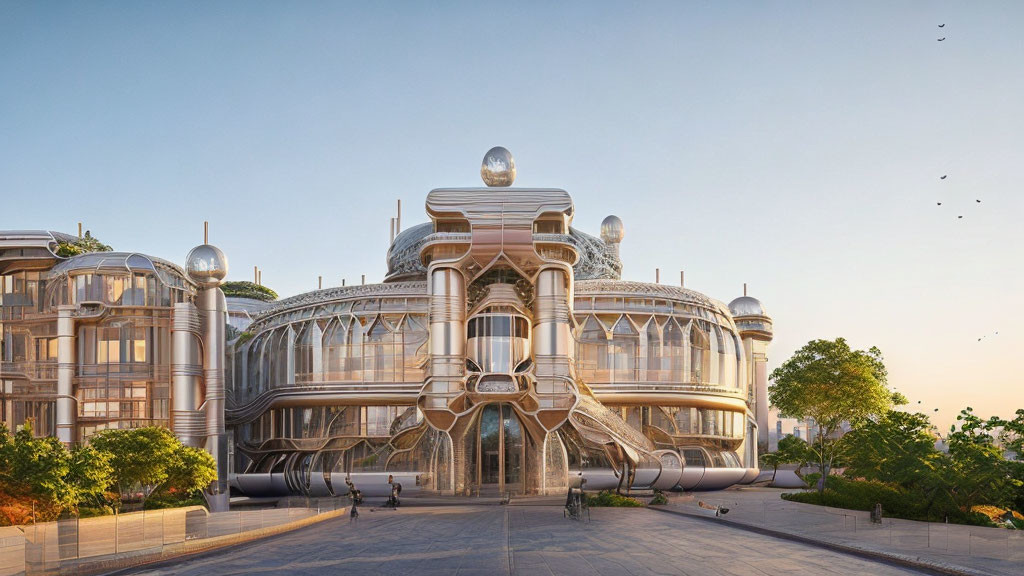
Ukraine, Kotsiubiiv, Kotsiubiiv O & B Theater
Model: Artistic
Size: 1024 X 576 (0.59 MP)
Used settings:
Would you like to report this Dream as inappropriate?
 136w
136w
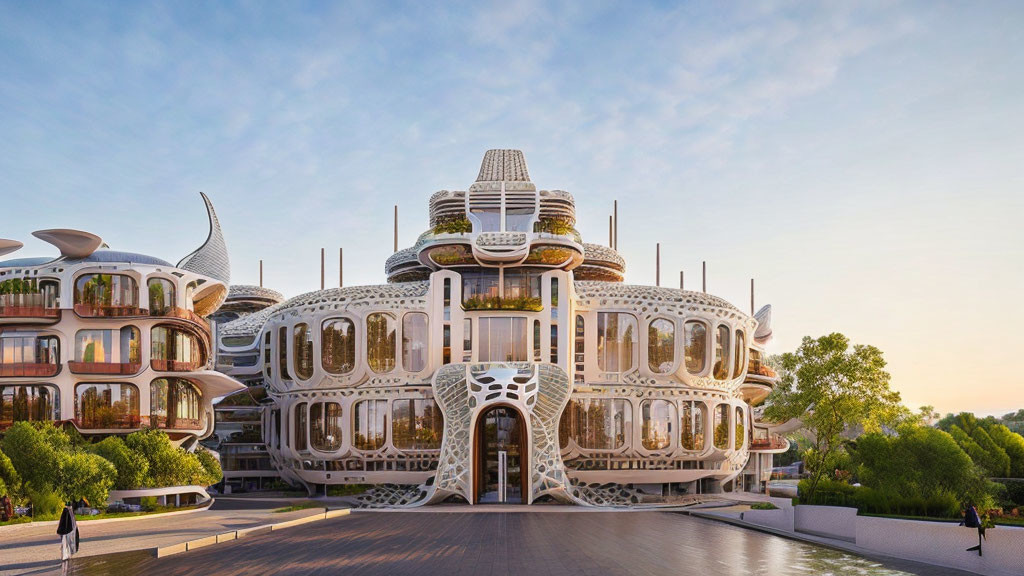
Ukraine, Kotsiubiiv, Kotsiubiiv O & B Theater
Model: Artistic
Size: 1024 X 576 (0.59 MP)
Used settings:
Would you like to report this Dream as inappropriate?
 136w
136w
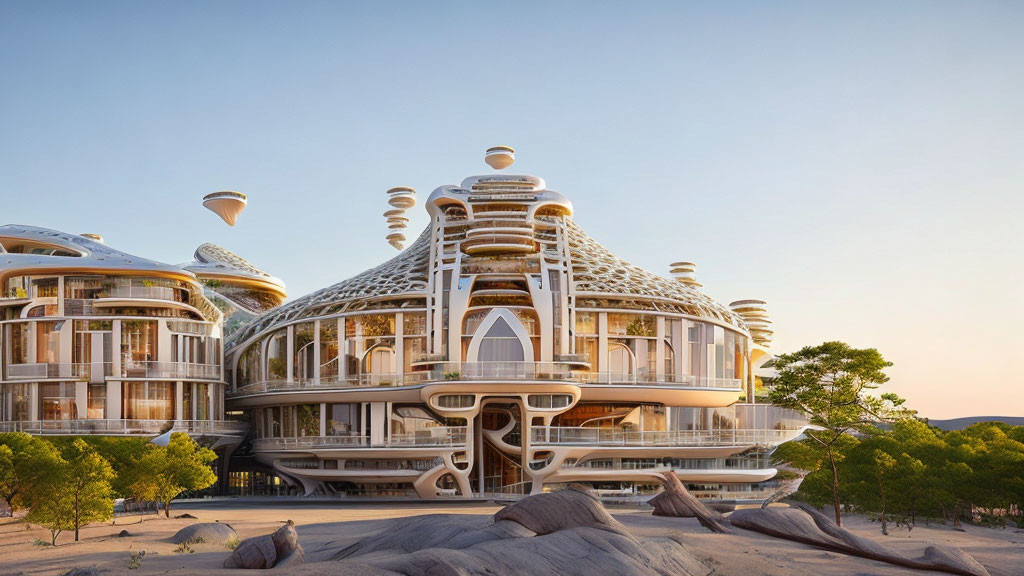
Ukraine, Kotsiubiiv, Kotsiubiiv O & B Theater
Model: Artistic
Size: 1024 X 576 (0.59 MP)
Used settings:
Would you like to report this Dream as inappropriate?
 136w
136w
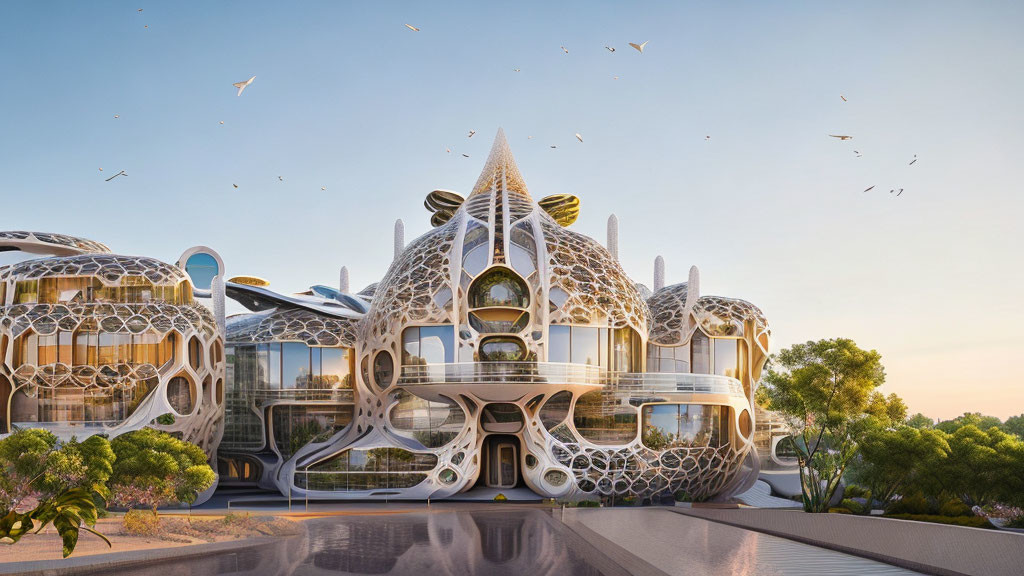
Ukraine, Kotsiubiiv, Kotsiubiiv O & B Theater
Model: Artistic
Size: 1024 X 576 (0.59 MP)
Used settings:
Would you like to report this Dream as inappropriate?
 136w
136w
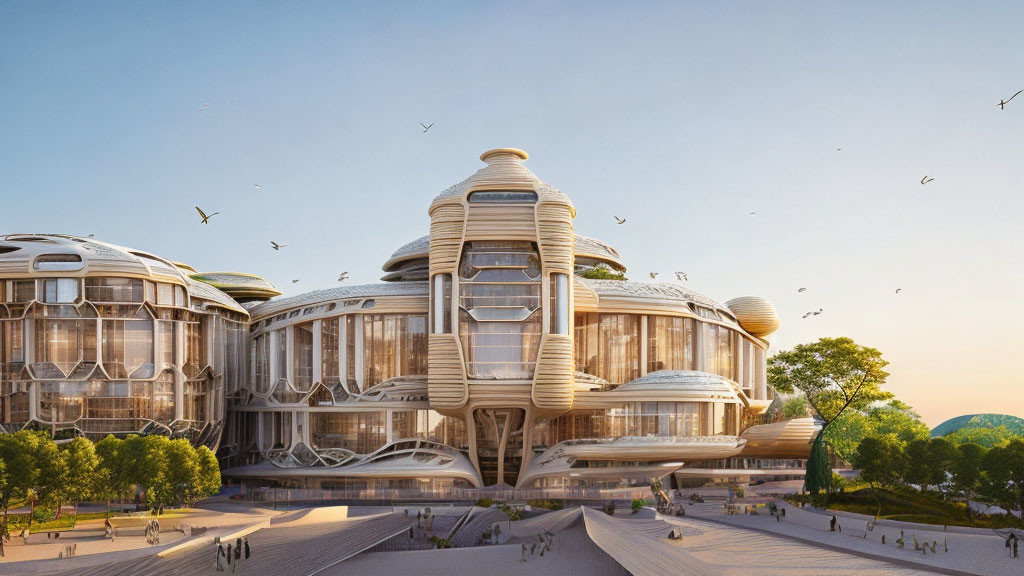
Ukraine, Kotsiubiiv, Kotsiubiiv O & B Theater
Model: Artistic
Size: 1024 X 576 (0.59 MP)
Used settings:
Would you like to report this Dream as inappropriate?
 136w
136w
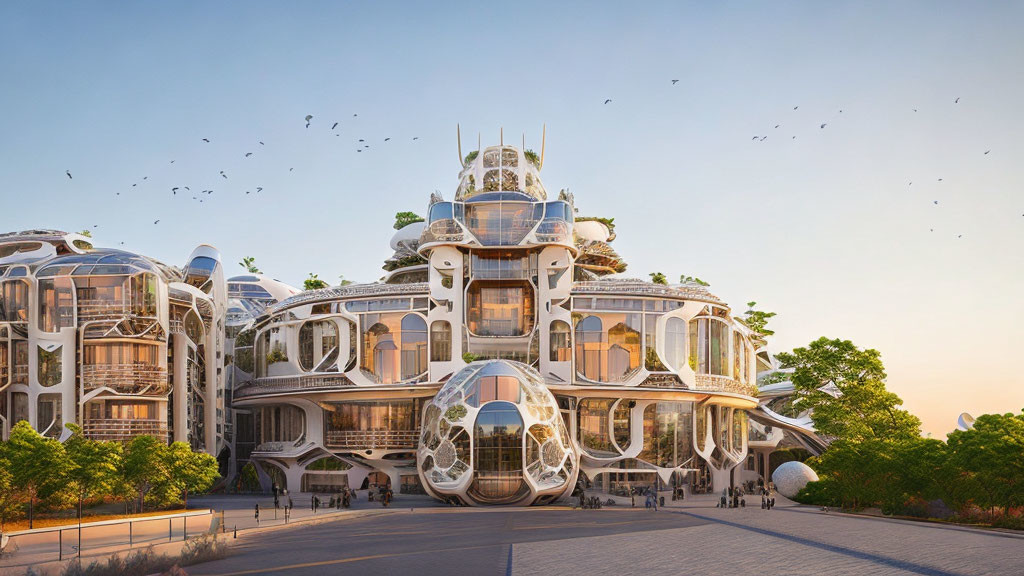
Ukraine, Kotsiubiiv, Kotsiubiiv O & B Theater
Model: Artistic
Size: 1024 X 576 (0.59 MP)
Used settings:
Would you like to report this Dream as inappropriate?
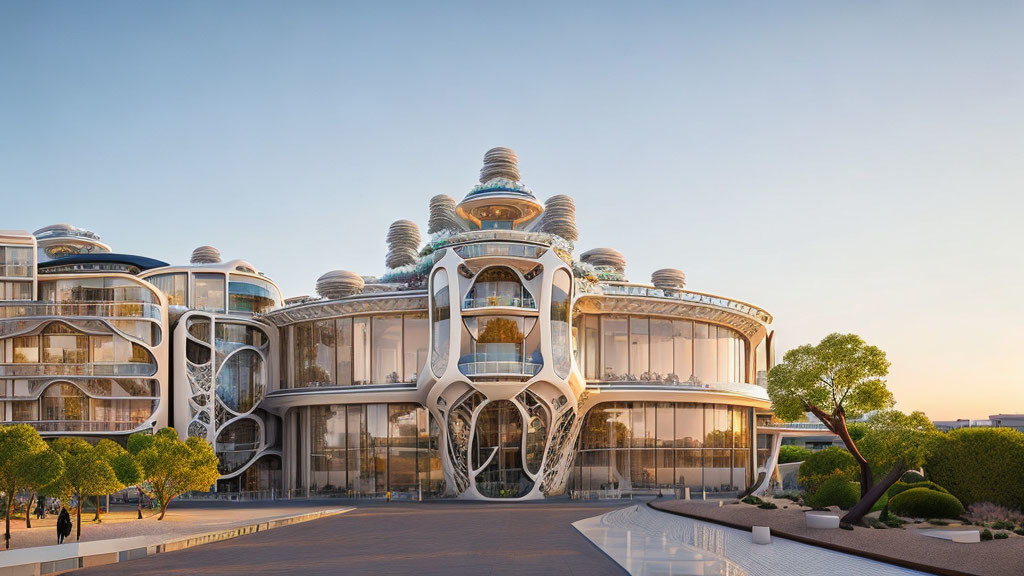
Ukraine, Kotsiubiiv, Kotsiubiiv O & B Theater
Model: Artistic
Size: 1024 X 576 (0.59 MP)
Used settings:
Would you like to report this Dream as inappropriate?
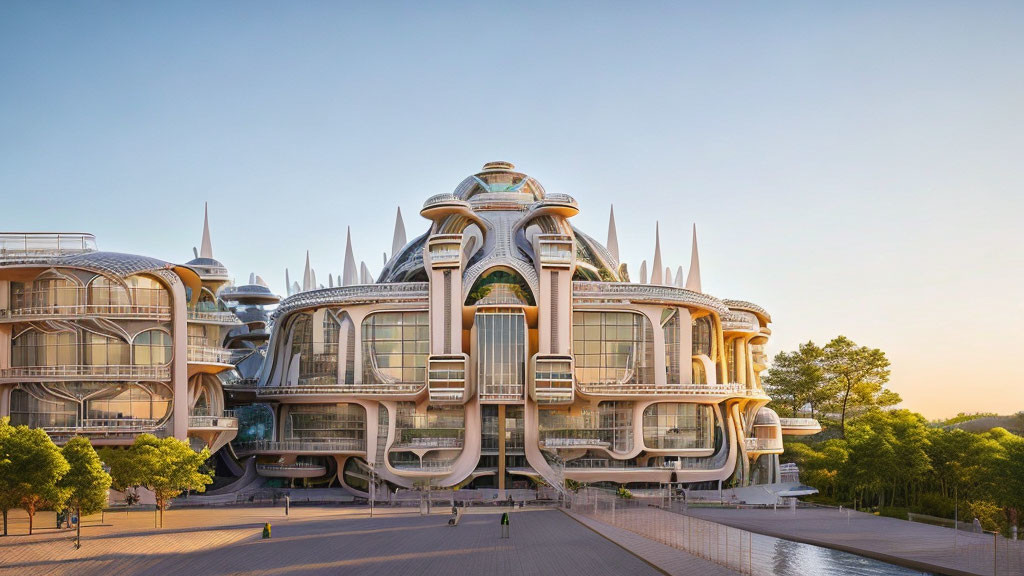
Ukraine, Kotsiubiiv, Kotsiubiiv O & B Theater
Model: Artistic
Size: 1024 X 576 (0.59 MP)
Used settings:
Would you like to report this Dream as inappropriate?
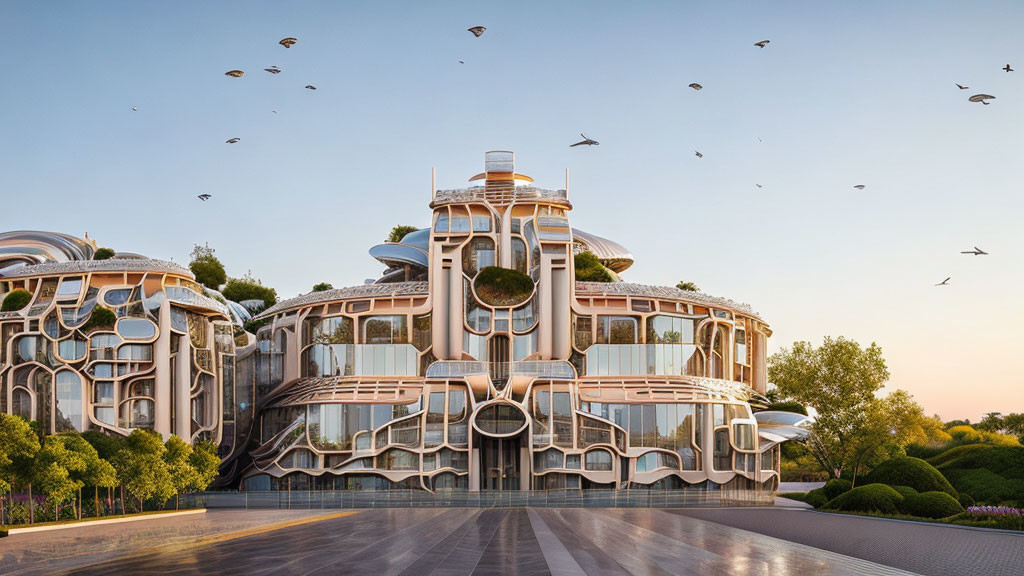
Ukraine, Kotsiubiiv, Kotsiubiiv O & B Theater
Model: Artistic
Size: 1024 X 576 (0.59 MP)
Used settings:
Would you like to report this Dream as inappropriate?
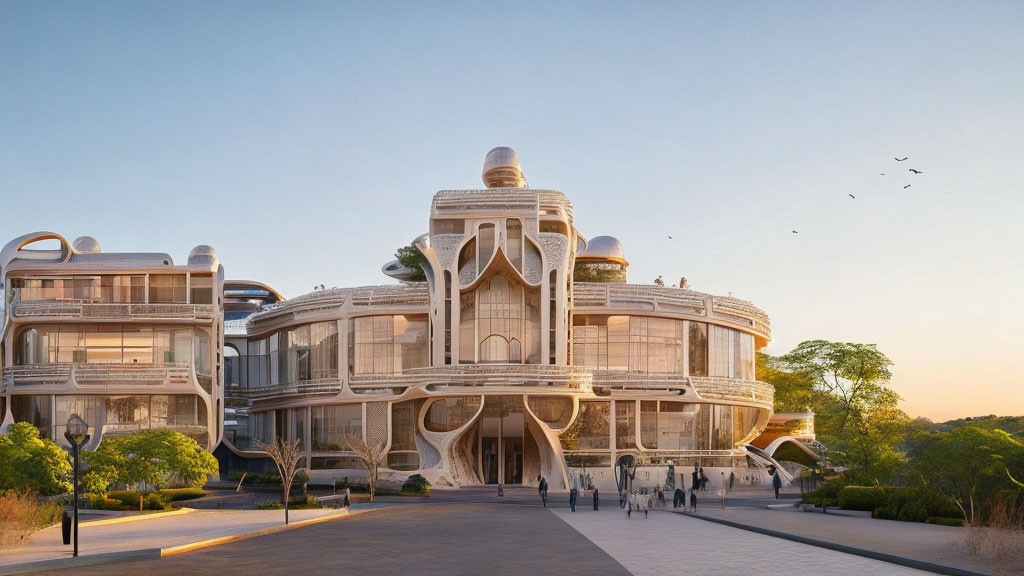
Ukraine, Kotsiubiiv, Kotsiubiiv O & B Theater
Model: Artistic
Size: 1024 X 576 (0.59 MP)
Used settings:
Would you like to report this Dream as inappropriate?
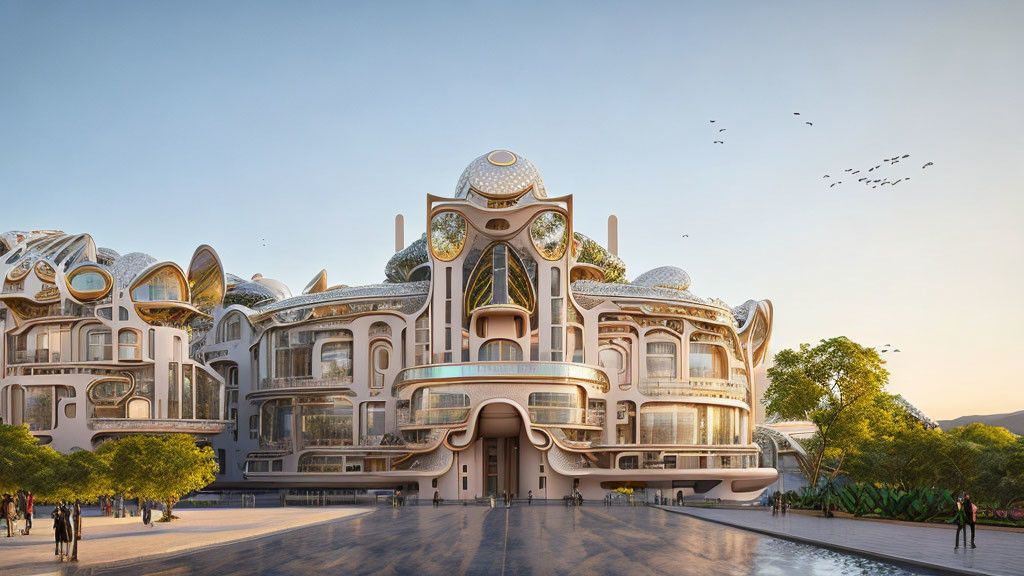
Ukraine, Kotsiubiiv, Kotsiubiiv O & B Theater
Model: Artistic
Size: 1024 X 576 (0.59 MP)
Used settings:
Would you like to report this Dream as inappropriate?
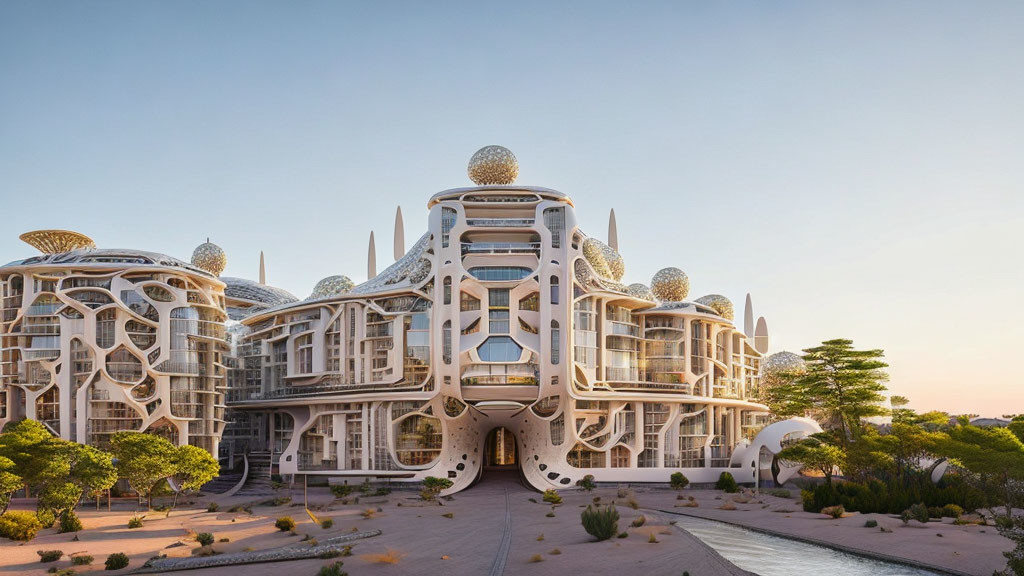
Ukraine, Kotsiubiiv, Kotsiubiiv O & B Theater
Model: Artistic
Size: 1024 X 576 (0.59 MP)
Used settings:
Would you like to report this Dream as inappropriate?
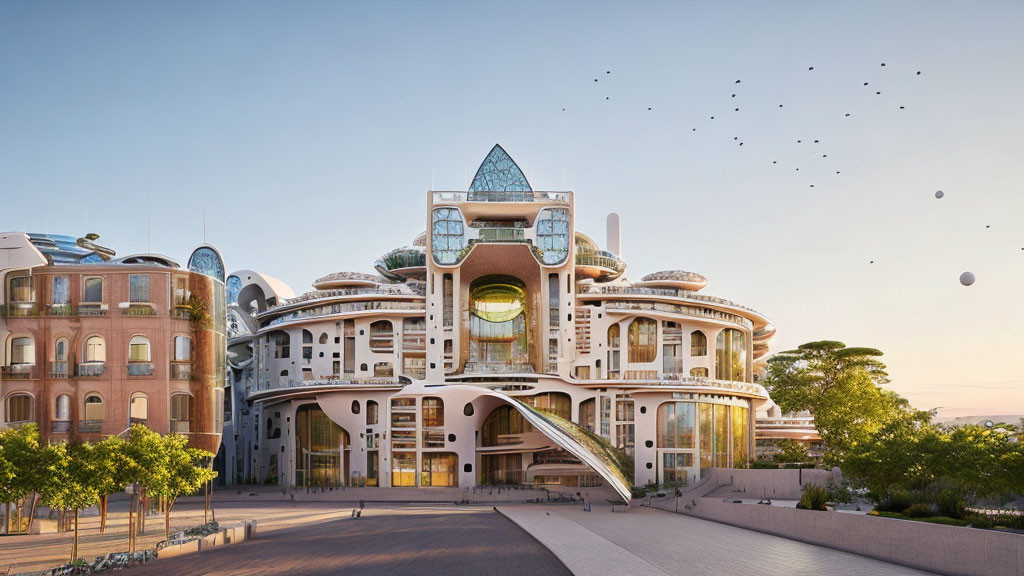
Ukraine, Kotsiubiiv, Kotsiubiiv O & B Theater
Model: Artistic
Size: 1024 X 576 (0.59 MP)
Used settings:
Would you like to report this Dream as inappropriate?
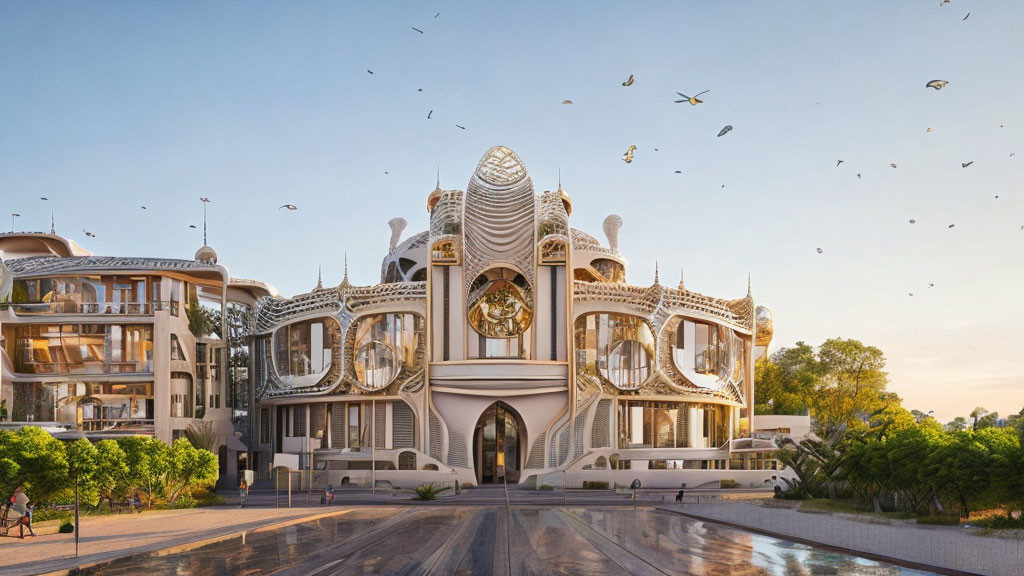
Ukraine, Kotsiubiiv, Kotsiubiiv O & B Theater
Model: Artistic
Size: 1024 X 576 (0.59 MP)
Used settings:
Would you like to report this Dream as inappropriate?
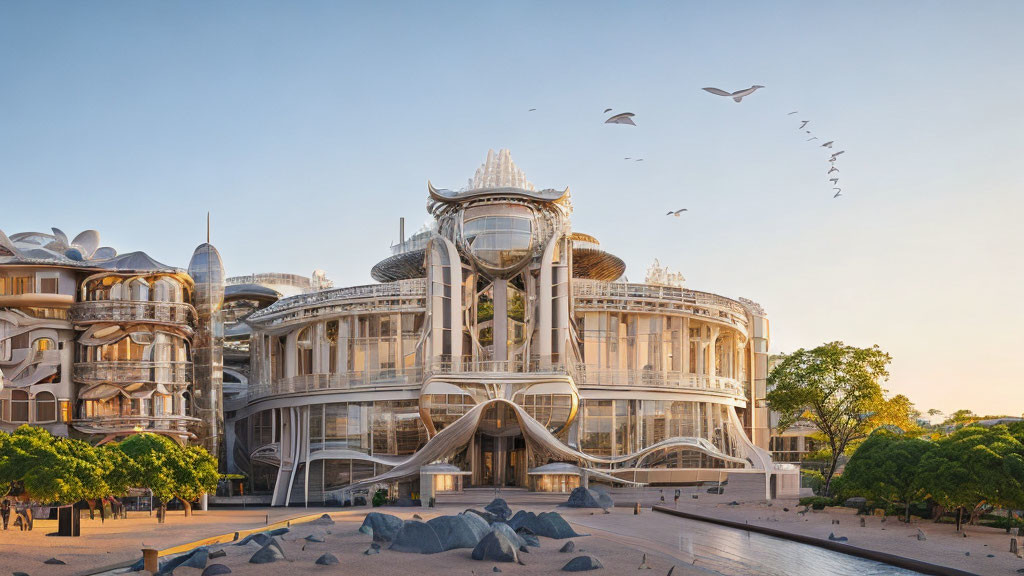
Ukraine, Kotsiubiiv, Kotsiubiiv O & B Theater
Model: Artistic
Size: 1024 X 576 (0.59 MP)
Used settings:
Would you like to report this Dream as inappropriate?
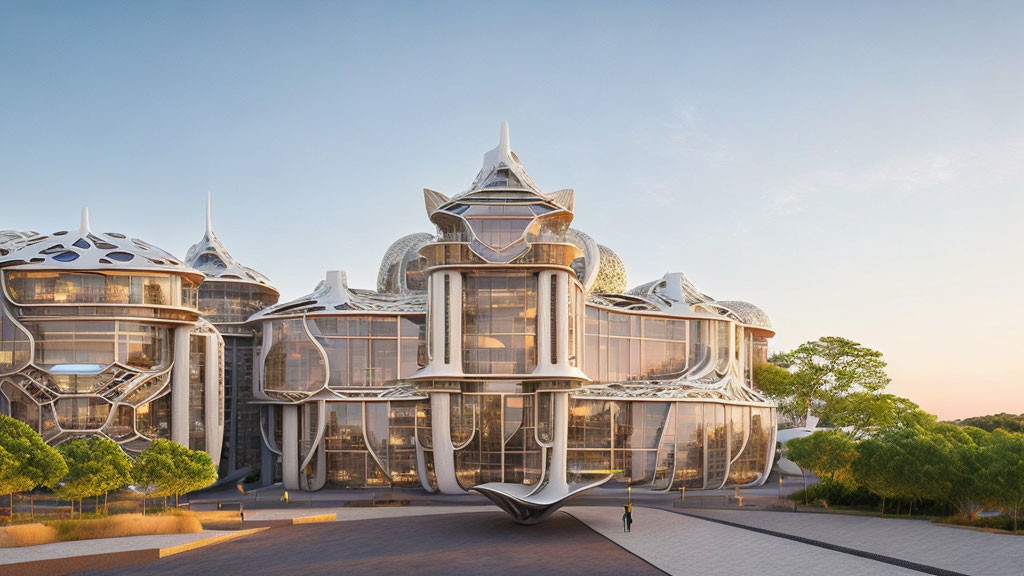
Ukraine, Kotsiubiiv, Kotsiubiiv O & B Theater
Model: Artistic
Size: 1024 X 576 (0.59 MP)
Used settings:
Would you like to report this Dream as inappropriate?
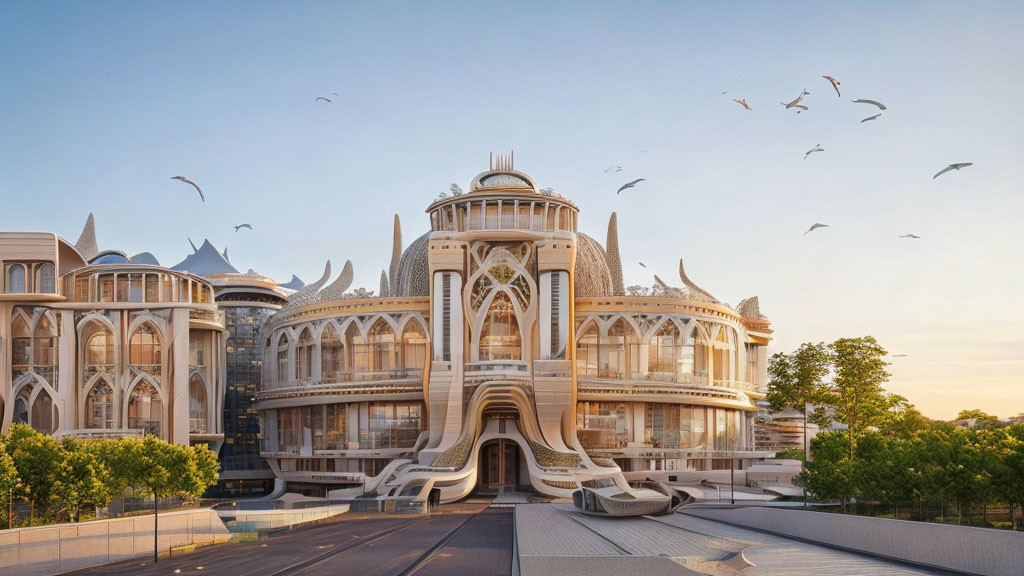
Ukraine, Kotsiubiiv, Kotsiubiiv O & B Theater
Model: Artistic
Size: 1024 X 576 (0.59 MP)
Used settings:
Would you like to report this Dream as inappropriate?
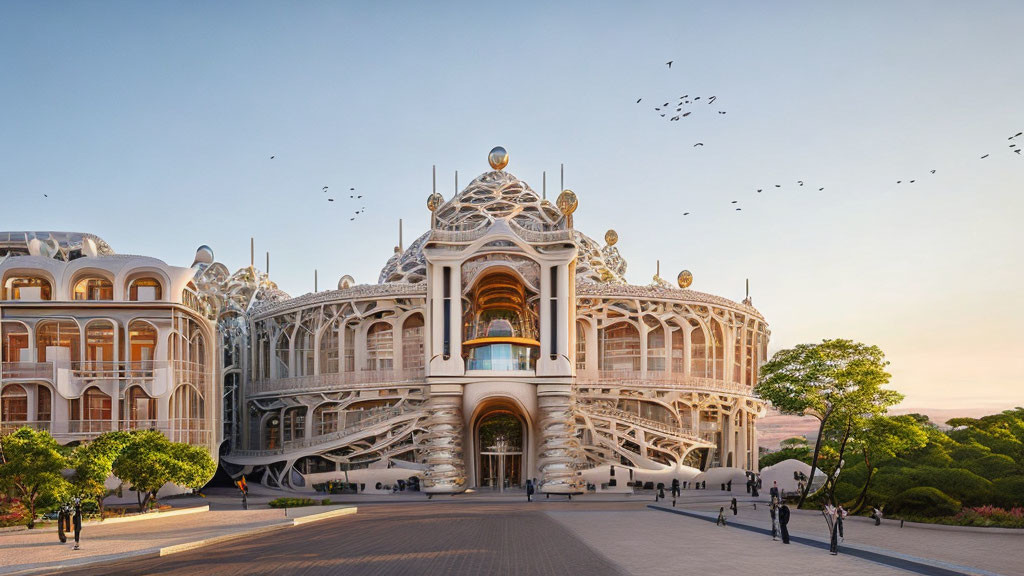
Ukraine, Kotsiubiiv, Kotsiubiiv O & B Theater
Model: Artistic
Size: 1024 X 576 (0.59 MP)
Used settings:
Would you like to report this Dream as inappropriate?
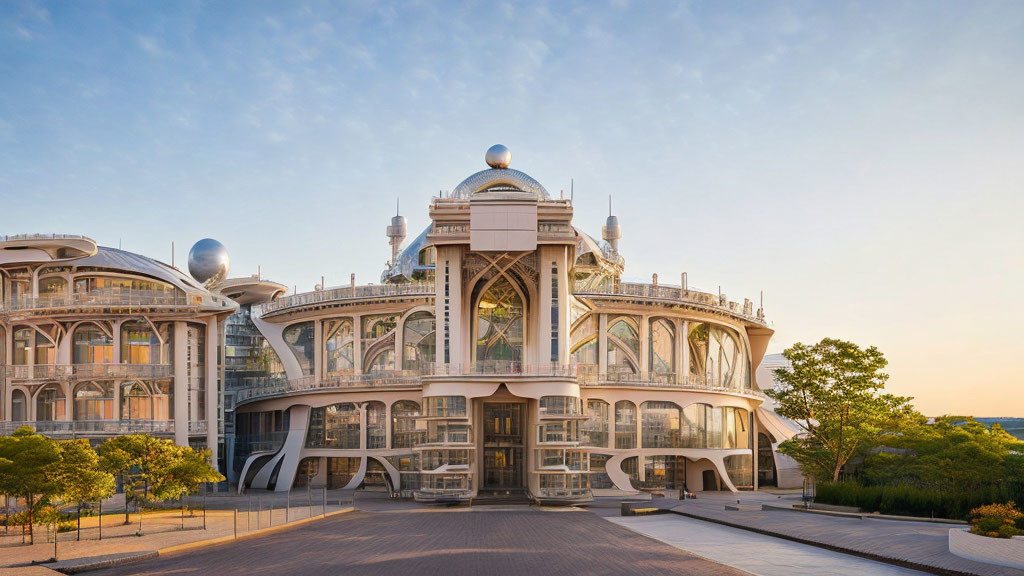
Ukraine, Kotsiubiiv, Kotsiubiiv O & B Theater
Model: Artistic
Size: 1024 X 576 (0.59 MP)
Used settings:
Would you like to report this Dream as inappropriate?
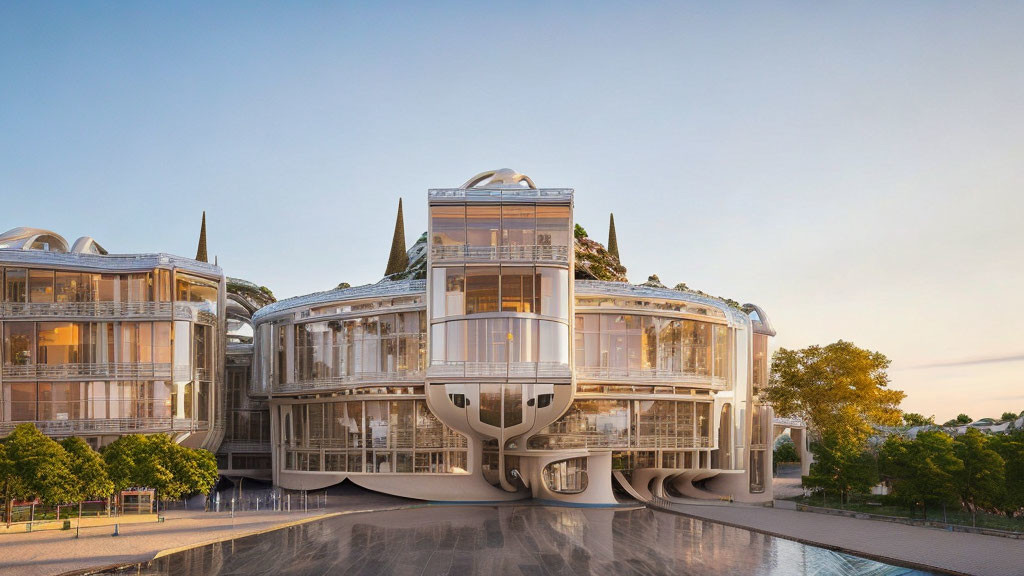
Ukraine, Kotsiubiiv, Kotsiubiiv O & B Theater
Model: Artistic
Size: 1024 X 576 (0.59 MP)
Used settings:
Would you like to report this Dream as inappropriate?
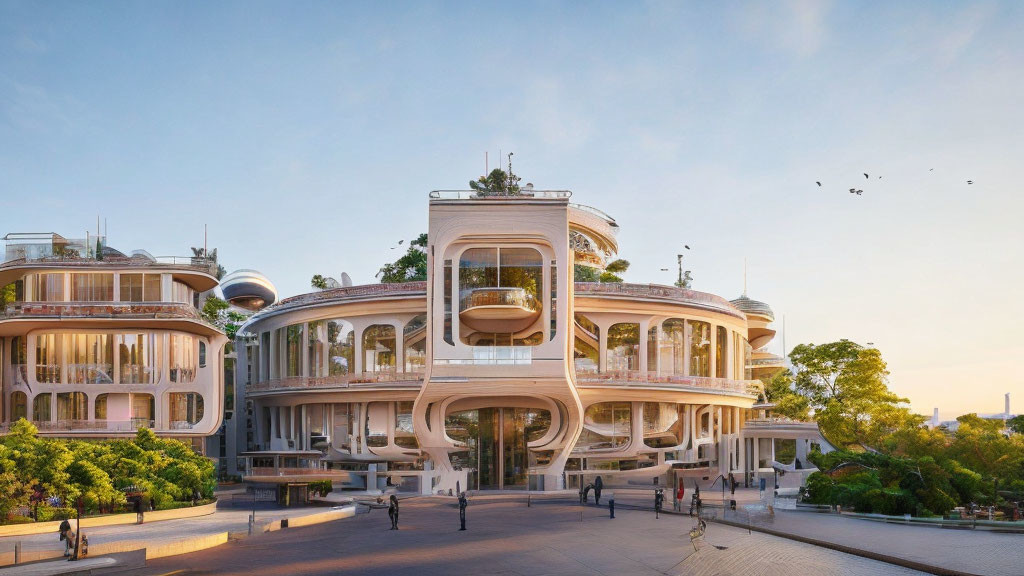
Ukraine, Kotsiubiiv, Kotsiubiiv O & B Theater
Model: Artistic
Size: 1024 X 576 (0.59 MP)
Used settings:
Would you like to report this Dream as inappropriate?
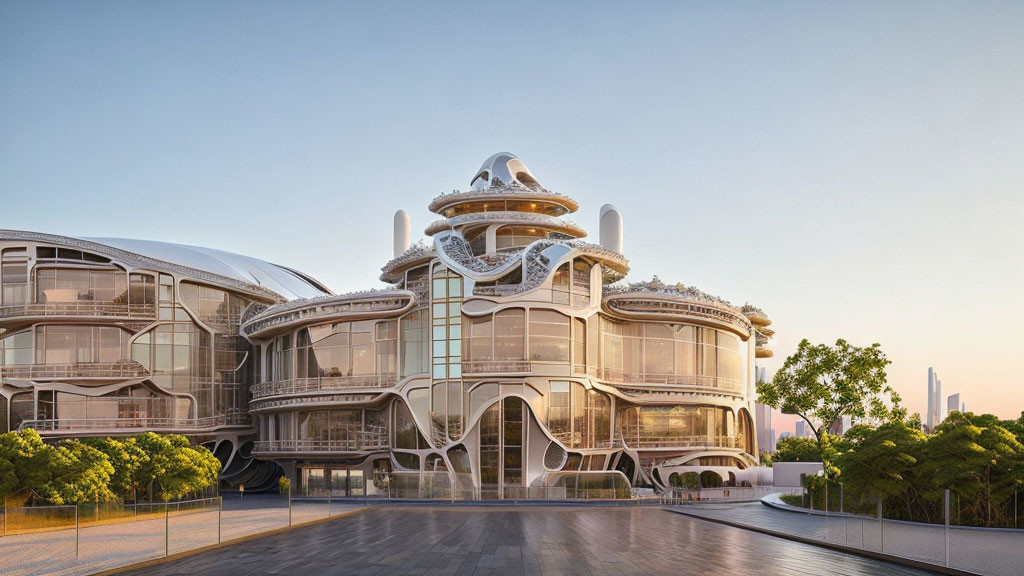
Ukraine, Kotsiubiiv, Kotsiubiiv O & B Theater
Model: Artistic
Size: 1024 X 576 (0.59 MP)
Used settings:
Would you like to report this Dream as inappropriate?
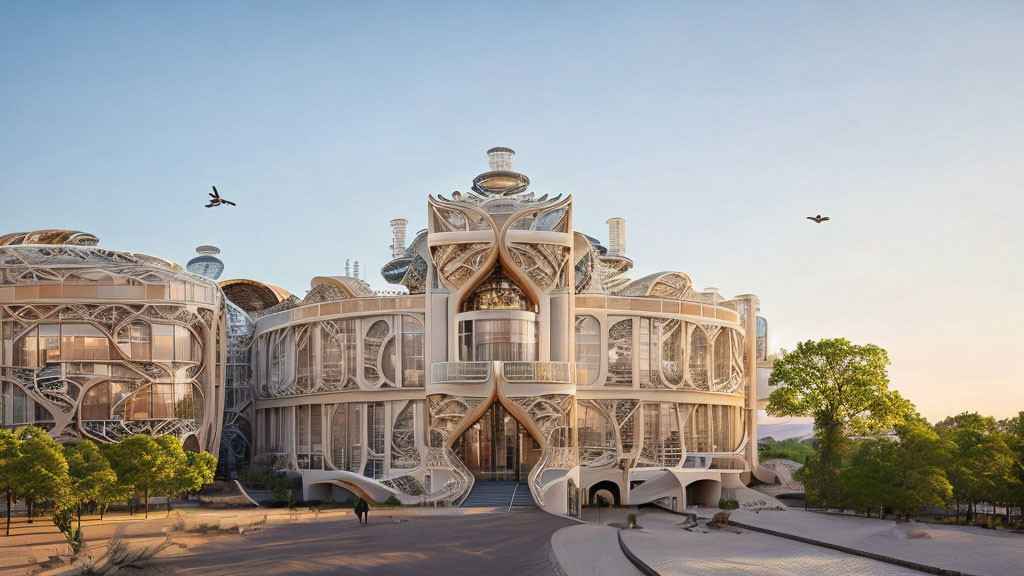
Ukraine, Kotsiubiiv, Kotsiubiiv O & B Theater
Model: Artistic
Size: 1024 X 576 (0.59 MP)
Used settings:
Would you like to report this Dream as inappropriate?
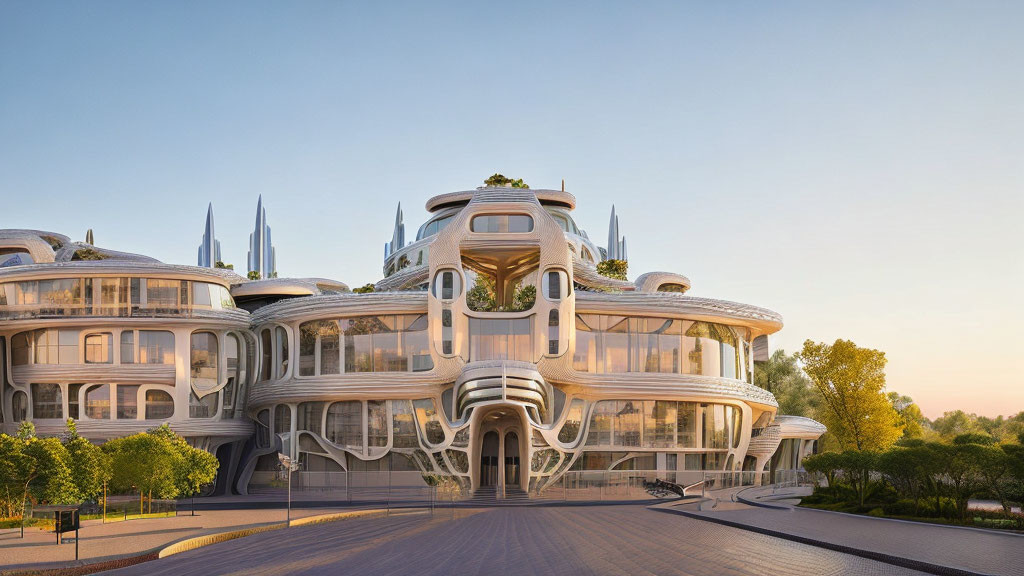
Ukraine, Kotsiubiiv, Kotsiubiiv O & B Theater
Model: Artistic
Size: 1024 X 576 (0.59 MP)
Used settings:
Would you like to report this Dream as inappropriate?
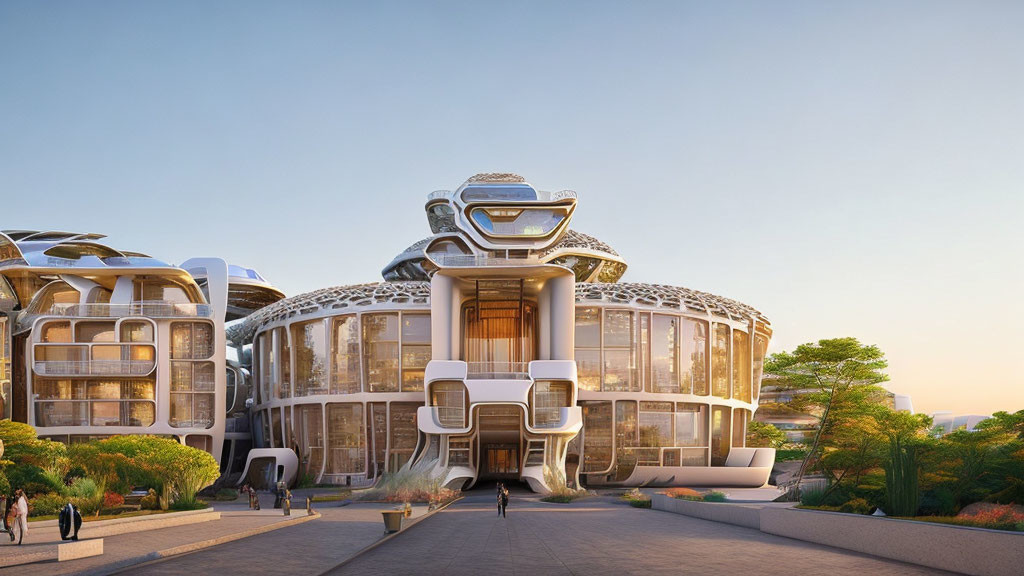
Ukraine, Kotsiubiiv, Kotsiubiiv O & B Theater
Model: Artistic
Size: 1024 X 576 (0.59 MP)
Used settings:
Would you like to report this Dream as inappropriate?
Dream Level: is increased each time when you "Go Deeper" into the dream. Each new level is harder to achieve and takes more iterations than the one before.
Rare Deep Dream: is any dream which went deeper than level 6.
You cannot go deeper into someone else's dream. You must create your own.
Currently going deeper is available only for Deep Dreams.